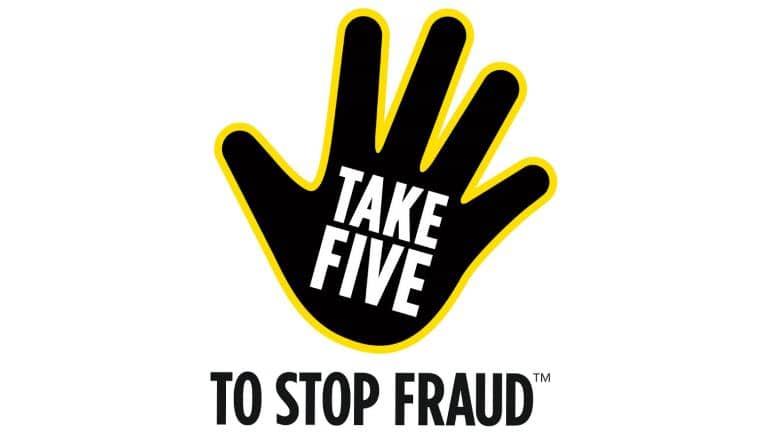
Identity fraud
Fraudsters steal personal information about you to impersonate you. They then take out loans and credit cards in your name, or withdraw cash from your bank account.
How it could happen to you
- Fraudsters are always on the lookout for personal information – your name, date of birth, residential address, marital status, email address and, the ultimate prize, your bank account details
- To get these, they can try to steal or intercept your post, trick you over the phone and hack your computer or social media account. If you’ve previously disclosed details to a fraudster, your information could also be sold on the black market
- Once they have enough personal details to pass themselves off as you, they can apply for credit cards and loans, buy expensive goods and even withdraw cash – all in your name
- You only discover the crime when companies start calling you asking for payment or debts to be repaid. Or you try to take out credit for your own genuine purposes and discover your rating has been badly damaged by the fraudsters
How to protect yourself
- Check your bank balance regularly for unusual transactions. If there’s something you don’t recognise, call us
- Keep a close eye on your credit rating and watch out for unexpected activity. If you start to get post from a company you don’t recognise, find out who sent it and why
- Be suspicious of any unexpected phone calls, text messages, emails, or social media posts claiming to be from your bank or other organisations asking for personal information
- Never reveal your debit or credit card PIN, PINsentry codes, mobile activation codes, QR codes, or online banking passcodes to anyone. If you’re unsure, contact the requester using a telephone number you know is genuine. Don’t call a number they’ve given you – it could be fake

Cash machine fraud
Fraudsters continue to find new ways to pull off this con, but the outcome is still the same – distracted at an ATM, you lose sight of your card and your bank account is emptied before you realise.

Card fraud
A fraudster gets access to your personal information or steals your credit or debit card details. This lets them spend with your card.

Remote access fraud
Someone calls claiming to be from an organisation you trust. They say there's a problem with your computer or bank account and offer to take remote control of your computer to help fix it.

Phishing, smishing and vishing
You get an email, text message or call claiming to be from a company or organisation you trust, like your bank or the police.

Mobile malware
Criminals sneak harmful software onto your mobile device. They hide it in apps and updates so you install it without realising. Once installed, the software can steal your personal details and passwords, then log in to your apps.

Return to fraud and scams homepage
Have you educated yourself enough on the different types of fraud? Head back to the homepage.
You may also like…

Protect yourself from scams
Learn about the different types of scam
Scammers get more sophisticated every day, so it’s important to be alert. We’ve put together some examples of the most common scams, to help keep you protected.

Think you’ve been a victim?
How to report fraud or a scam
Find out what to do if you’re worried about a card payment, how to report fraud and scams and what happens after you tell us, plus get tips on how to help protect yourself.

Take Five to stop fraud
National awareness campaign
Take Five is led by UK Finance and backed by the Government and other organisations. If you receive a phone call, text or email you think might be fake, it urges you to stop – take five – and challenge what you’re told.

Find your way around money
…and make money work for you
Your money – the way you spend it, save it and (try to) look after it can be complicated.


